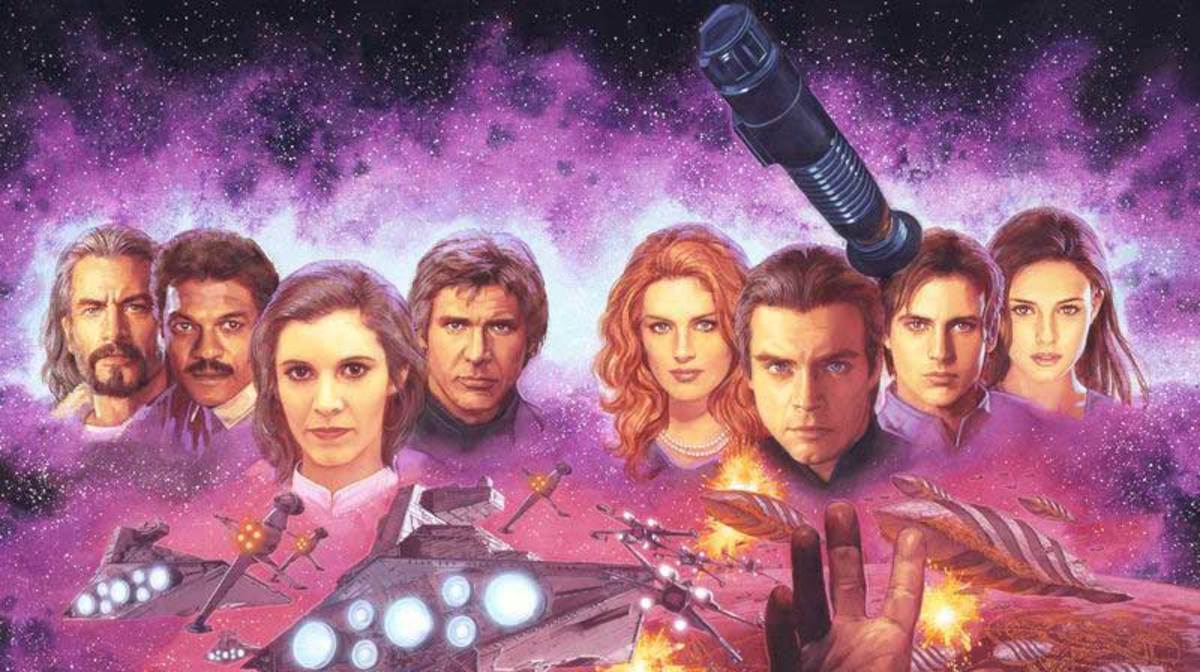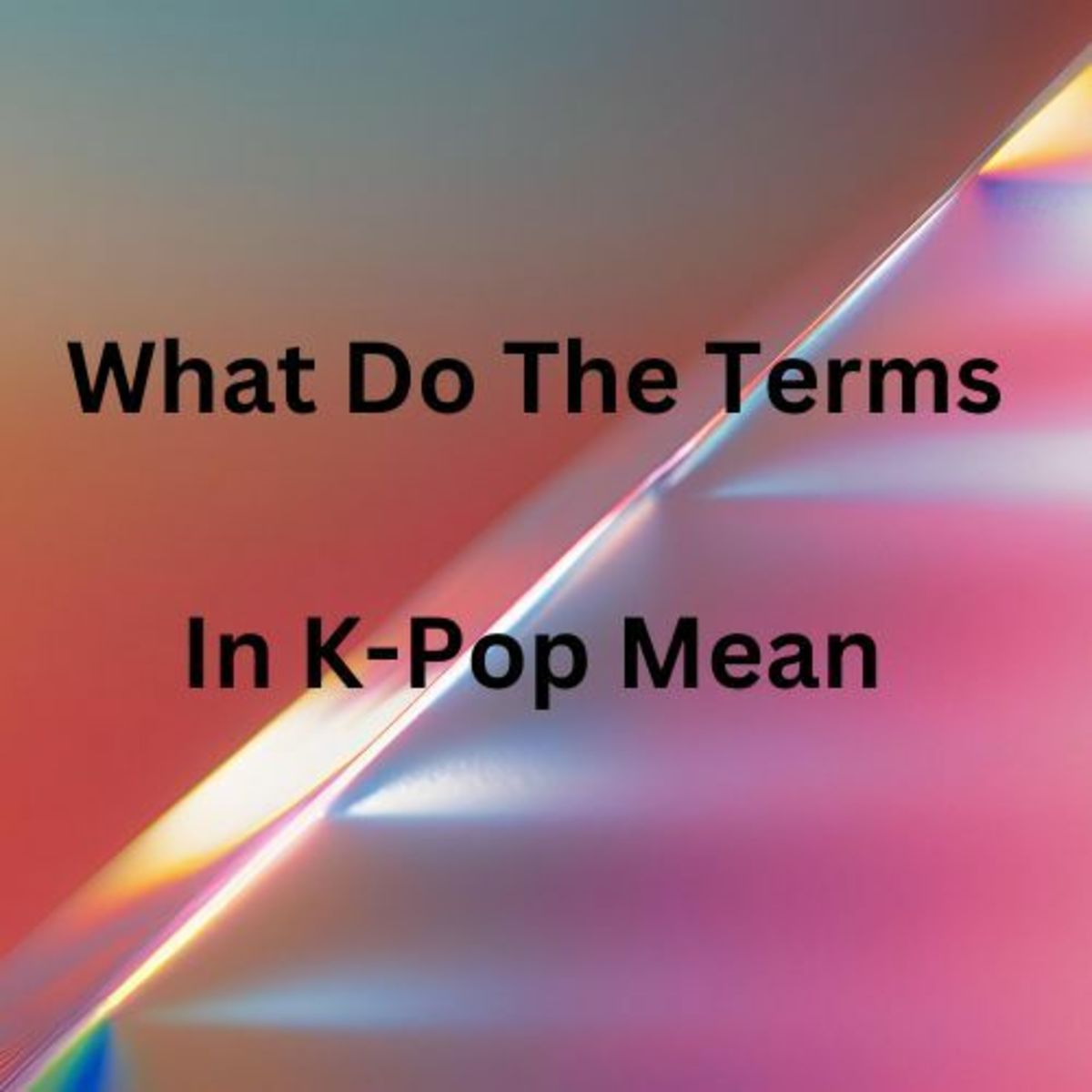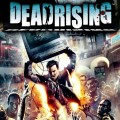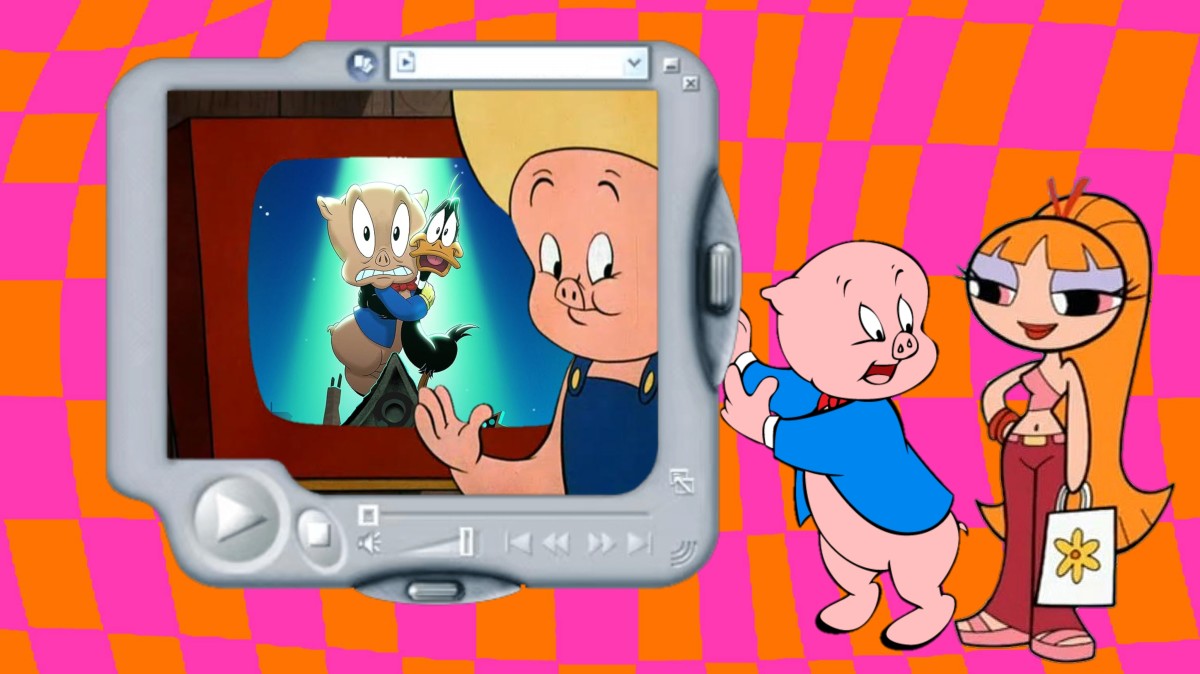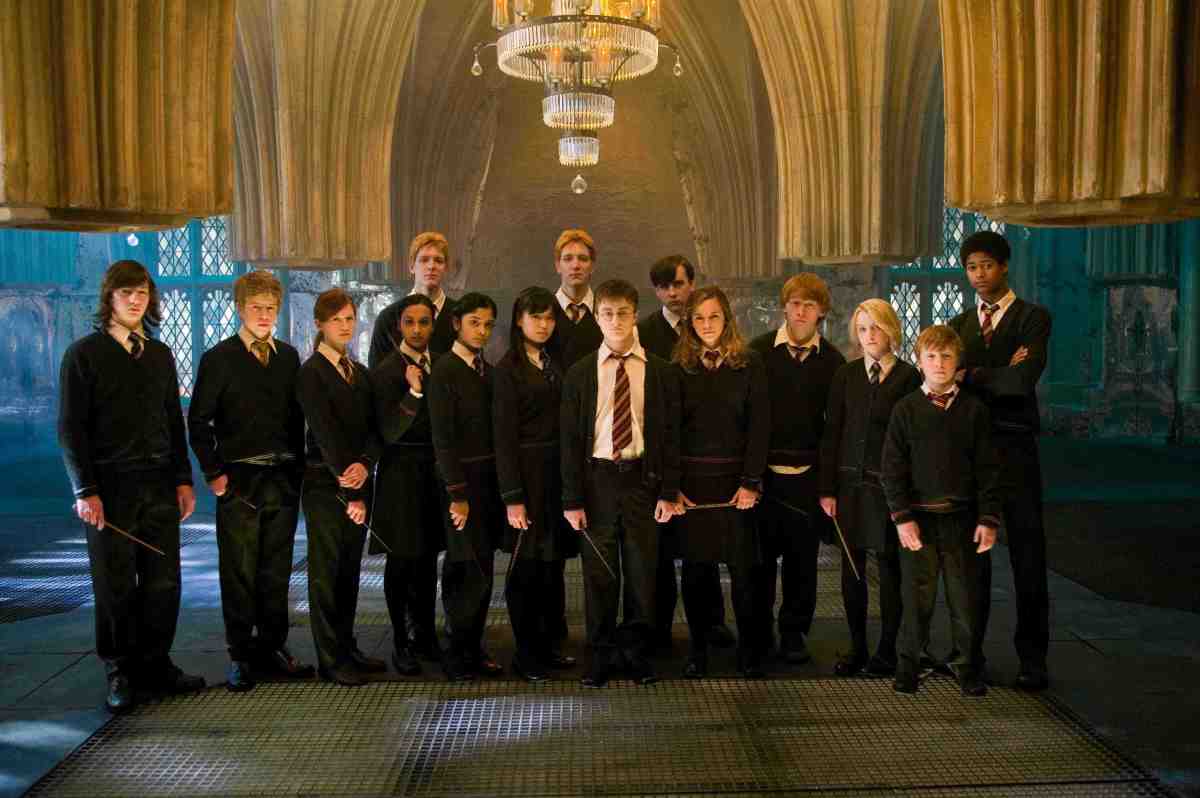The Dark Side of Fandom: Has Being a Fan Become Poisonous?

This past week, Starwars actress, Kelly Marie Tran, removed herself from social media after being harassed by members of the fanbase who were still upset at The Last Jedi, where she made her first appearance. While there was criticisms of the scenes she was in with the story-telling being heavy-handed, social justice preaching, some fans took it more personal and attacked her directly.
Kelly Marie Tran isn’t the first franchise actor to divorce herself from social media because of her stint in the universe. Daisy Ridley had done so her after her debut in The Force Awakens. And long before there was social media, Jake Lloyd, Hayden Christensen, and even George Lucas himself have had to deal with hostile fans who took their displeasure with their work to a personal level and has had some affects on their personal lives.
The question this raises is that is the Starwars fandom toxic?
"...the two sides of the fanbase also turned on each other, lighting up social media with insults about SJW’s and people who can’t let go of the past."
The Burden of Care
Starwars has the rare mantle of being not just a successful movie business, but a cultural icon as well. It’s fanbase crosses over forty years of people who came into it at different points in its history. Many go back to 1977, while others came into it during the late nineties’ remastered versions of the original trilogy and the prequel trilogy soon after. Of late, since the franchise began branching out into animated TV series, many people entered the fandom that way. And still more through the books and games that filled in the gaps between movies, known as the expanded universe.
This lengthy history and devotion has led many in the fandom to consider it one of the core parts of their childhoods or identities. To see ‘mistakes’ made to that legacy therefore feels not just like a bad movie, but a personal blow as well: whether right or wrong. That some would come to see the franchise as theirs rather than Lucas’s or even Disney’s seems to me like a natural progression down a steepening slope.
In fact, when Disney brought the rights from George Lucas in 2012, it only increased the sense of entitlement. This was made readily apparent when the mega corporation announced that it was canceling all stories of the long-standing expanded universe. It was clear that they wanted to take the franchise in a new direction with new influence, though still borrowing elements from the EU. Many fans then demanded that George buy back Starwars (ironically).
Then The Force Awakens came out in 2015 and the reception was mostly great. It made a monumental $2.066 billion dollars. And ushered in a new era of stories, revitalizing Starwars to the public at large. At the same time there were criticisms of how they handled it, especially the leads of Rey and Finn, a female and Black character respectively. Rey’s quickness in adapting to her Force powers and beating an already-trained Kylo Ren brought on comments of her being a Mary Sue: someone who had everything handed to her and nothing earned. Many did not like the idea of a Black actor being a stormtrooper, even though there was already an established and beloved Black character in the classic trilogy in the form of Lando Calrissian.

The revitalized franchise though prospered despite that and soon drowned out the attacks with enthusiasm to where the next film was going with the clues it planted. After three years of speculating and online theories, The Last Jedi came out to rave reviews. Yet this was where the crack in the fandom turned into a line in the sand. Again the issue came to the handling of characters and social politics, but taken to to a new level. Luke Skywalker, whom everyone wanted to see as the ultimate Jedi Master, was turned into a lesser version of himself, who casually disregards his old lightsaber like a toy and lives as a hermit because of his guilt at attempting to murder his nephew. That last part really pissed fans off. It seemed out of character for the man who spared his mass-murdering father in Return of the Jedi.
They also pointed out how major plot points laid out in TFA were ignored entirely in the name of turning tropes on their heads. And of course there were the scenes of Canto Bight where Tran’s character of Rose teaches Finn about the corruption in the galaxy and treatment of animals and slaves. Because of the more aggressive approach, the fandom split between those who welcomed the changes, no longer beholden to the past, and those who believed the past was disrespected and discarded as easily as Luke’s old lightsaber, with a story leaving too many holes and preaching too much. Like a pack of wolves fighting over the same food, the two sides of the fanbase also turned on each other, lighting up social media with insults about SJW’s and people who can’t let go of the past.
This seems to me a legitimate reason to consider the fandom, or at least large portions of it, toxic. You cant just agree to disagree without it turning into a Crusades-level conflict and becoming personal. But is it really Disney or George Lucas’s fault? Or even the fault of the franchise itself?
Breathe
I had to take a step back to really consider these two questions properly, and the answer I finally came to was no, its not their fault.
What is happening to the Starwars fandom is a sample of a larger movement of society. Since the turn of the century, nerd culture has seen itself go from the closet-hiding, oppressed minority depicted in eighties movies, to now dominating mainstream entertainment with everyone wanting a piece of the action. This dominance rose up alongside the rapid evolution of the internet, social media, and social politics becoming more assertive in place in society.
Many other other franchises have also experienced similar issues with their fanbase besides Starwars. Harry Potter came under fire for bringing on a Black actresses to play a White character. The Lord of the Rings fanbase was angry at the how The Hobbit was broken up into three movies instead of one. Game of Thrones, known for its more realistic and historically-based depictions of human society has been criticized for continuing to depict women as victims and being raped. As well as that the main line of books hasn't even been completed yet, with the TV series now outpacing the books, with noticeable differences.
Cosplay which has become a major fan favorite activity of franchises of all genres, still endures criticisms that it is simply skin for sale from fake, nerd girls. Their online Twitter and Instagram accounts can sometimes be a place where some make unwelcome sexual comments or just insult them. Groping and harassment can be a common occurrences at cons despite the security measures in place, with the sheer number of people often times acting like a shield for the gropers.
Similarly, women who have been longtime gamers and nerds themselves endure online harassment from male nerds who think they are jumping on the band wagon of an exploding trend. They are harassed in online gaming for being girls and many find these self-entitled gatekeepers of the world they enjoy to be just as harmful as if they had spoken the harsh words in person.
Twitter and Facebook, tools for people being able to communicate with each other and voice their opinions, has become an active avenue for angry fans to vent their anger at sacrilegious changes made to their franchises. While many not as severe as what happened with Starwars, only the most strong-willed and least active actors still continue to use social media because of the easy access it gives angry fans to attack them.
So I think the main villain, isn't a villain at all but a tool. It is the internet. It’s quick and easy access allows users to post their thoughts instantly as they happen rather than processing them through and thinking before saying anything. It also allows those users to hide their real identities which negates any fear of consequence or reprisals. Responsibility is removed. They can literally say ANYTHING they want and get away with it.
Because of this, I believe this gives many fans a sense of control over the franchise and the actors themselves. That if they voice their anger loud enough and bombard them with insults and such that they will eventually change the franchises’ direction towards an avenue those fans feel more appropriate. This therefore adds to the belief that the franchise is their franchise.
Between this and hackers illegally accessing private celebrity photos on the cloud, it easy to understand how many actors feel more vulnerable and paranoid than they should. An obsessed fan doesn't have to physically stalk them to get off. They can troll them continuously online and the natural anonymity of the internet effectively protects them from most legal discourse, forcing those actors who are too uncomfortable with it off the internet mostly or entirely.

Trying to be Better Fans
Baseline human nature is the problem. Often times our morality about what is right for a franchise or even society as a whole is simply a mask for wanting what we want regardless of the cost to others. Doing the right thing to do doesn't matter because if the right thing was to go against their desires and beliefs, they would rationalize it, deny it, or in worst cases, just say ‘fuck it, I don’t care’ and continue their toxic behavior anyway.
Whatever the problems or lack there of were with TLJ, personal attacks is not the right way to deal with it. It gives the majority of the fanbase who are more mature about their feelings of Starwars and just enjoy for what it is, a bad name among both the public and actors and directors who may not want to risk the harassment. It’s an insult to them for being unable to simply express their thoughts without resorting to insulting people they don’t know and insulting the ideals that their beloved franchise preaches.
Beyond that, no entertainer, be they famous or no, deserves to be harassed for simply doing their job. And no one should be barred from enjoying a movie or game they liked, even if others didn't. Insults should not be cast on people who did or don't like a game or movie. And ultimately, the things we enjoy are just that: things. They are not religion or fact and to treat them as that and disregard our shared humanity, is where any fanbase crosses the line.
© 2018 Jamal Smith

